Sharq Newspaper editorial is considered the most prominent in the Iranian press editorials today, which handles the leaks and scandals of state officials by an expert of research and inspection in the parliament; the American behavior toward Iran in the post-nuclear deal; exchange of accusations and responding to a pro-Ahmadinejad newspaper close down.
In the news, newspapers highlighted the statements of the representative of Khamenei in the Revolutionary Guards, with respect to reliance on the West. As well as discussing the issue of leaking information related to the nuclear program in the meeting of the Parliamentary Committee of National Security and Foreign Policy. Economically, newspapers focused on launching the first maritime line between Iran and the Sultanate of Oman, as well as Tehran’s agreement to increase air flights to Tajikistan. Socially, 15% of addicts are infected with AIDS.
![]()
“Iranian WikiLeaks re-open,” Sharq Newspaper hard-hit Abbas Palizdar and Murtaza Razavi file again. Abbas Palizdar embarrasses the Iranian judiciary and accuses Murtaza Rizavi, former attorney general of Tehran. The editorial says that Abbas Palizdar, the expert of research and inspection in the Iranian parliament informed the media that prosecutor had threatened him with a death sentence had he not denied the documents concerning condemnation of the Iranian judiciary officials. As a result, Murtaza Rizavi will present before the court to cast a testimony about the file of the social Insurance Authority and wasting its money. Murtaza Rizavi responded to Palizdar’s comments by saying that Palizdar has been sentenced ten years imprisonment and the appellate court has sustained the judgment of the First Instance Court, and he must be imprisoned now. Due to his illness, he was released on health ground. When Abas Palizdar was a member of Research and Inspection Commission of the Iranian Parliament, he took classified files from the Control and Inspection Commission to study and use them against state officials. Murtaza Rizavi responded to that by saying that all these documents were part of a preliminary investigation, and most defendants were discharged. Then, it was decided to prohibit opening these files again. Palizdar held speeches and meetings about these documents at the Abu Ali Sina University in Hamadan and incited public opinion against the regime officials, especially Askar Awladi, president of Almotalifa Islamic Society. He stated that the elders of the Guardian Council who belong to the judiciary have looted state funds, and described one of the references as Sultan of intoxication and another as the son of Jewish, and thus he was sentenced. Abbas Palizdar had published a report called the disclosure of evil, one year before the bloody events of 2009, accusing senior officials of the State, which was the main reason for his arrest. Now he is back again to continue exposing the Iranian officials, especially the Iranian judiciary. What makes it worse is his direct hostility with former Attorney General Murtaza Rizavi who met Palizdar’s wife and told her to find a new father for her four children, because he would implement the death sentence on her husband, Palizdar and break his neck.
“No one regrets her death,” Ebtekar Newspaper handles the close down of Vatan Emrouz newspaper. The editorial says that the close down of any intellectual and political trend newspaper is worrying, which is considered a blow to the fourth pillar of democracy, even if this newspaper itself does not believe in democracy. Two days ago, Vatan Emrouz Newspaper was closed down. Mehrdad Bezirbash, the young adviser of Ahmadinejad was its chief. He was also director of Iran Khodro and Saipa Auto manufacturing companies, the member of the ninth parliament, and a forfeit in the latest parliamentary elections. Mehrdad is known for his extreme criticism of Rouhani’s government, however, he acquired his newspaper building from Al-Awqaf free of charge, and received support from Iran journalist institution. However, debts flooded the newspaper and Al-Awqaf required retrieving its building, which led to the close-down of the newspaper. But Mehrdad declared that the closure resulted from Rouhani’s government hostility to him because of the approach of presidential elections and the possibility of Ahmadinejad running those elections. The editorial says that protectors of democracy, although they were not happy because of closing the newspaper, they did not mourn on that as well. In fact, Rouhani is implementing a policy of newspapers close down. Although he doesn’t have the authority to do so for political reasons, he is using the paper of debts and financial excesses of pro-conservative fundamentalists newspapers.
“Is America violating the nuclear deal,” Mardem Salari Newspaper monitors the US actions toward Iran after the signing of the nuclear deal. The editorial says with regard to Iran’s nuclear deal with the 5 + 1 group, two issues come to the forefront of the political scene; commitment or non-commitment to the deal terms, and sanctions imposed on Iran after signing the deal. In the first issue, Iran has been the fraud by the US. What was more important than using the statement of “lifting all sanctions”, was the inclusion of “repealing all decisions related to sanctions”. The absence of the latter statement has made Iran unable to collect its oil revenues, which amount to $ 100 billion, because it was selling oil for dollar, and the exchange of dollar has to go through the American banking system, which is still banned because of sanctions other than those related to the nuclear program. The second issue is the sanctions imposed on Iran after the deal. Foreign Relations Committee in the Senate has discussed three draft laws against Iran. The first is the missile tests that range more than 2,500 kilometers. The second is interference in the affairs of other countries. And the third related to human rights violations, which all have nothing to do with the nuclear deal. To confront the US positions, Salehi declared that Iran would reassume uranium enrichment at 20% if America doesn’t abide by its commitments.
“After Obama” Siasat Rouz Newspaper discussed the future of US policy after Obama. The editorial says that reports and strategies issued by the American think tanks suggest that the American attitude toward the post-Obama will turn more attention to the internal crises that threaten America’s falling from the inside, and at the same time, will introduce new ideas to maintain its global sovereignty. Despite the fact that Americans claim that they are fighting terrorism for international security, Obama has several times stressed that the United States is about to control terrorism but not to eliminate it, and they are seeking peaceful coexistence with those who do not pose a threat to the US national security. The editorial says that, at the time America is following a policy of dumping enemies in regional crises, it engages its old Western allies on certain international issues. The British withdrawal from the European Union is an example of that since America wants Britain to take some of its international responsibilities. Indeed, the dominant trend in America that is promoted by the Think Tanks is to return back to isolation era; Monroe Doctrine in 1832, or the American foreign policy stage between the two world wars. This trend is aiming to prevent falling in the same fate of the Soviet Union, which means falling from the inside because of social disintegration and the succession of outsider defeats. Of course, this does not mean the end of the American intervention in the global affairs, but adopting new methods to cut down US expenditures within the so-called “soft power” and the creation of regional crises to involve other countries in regional conflicts.
![]()
♦ Iran agrees to increase its flights to Tajikistan
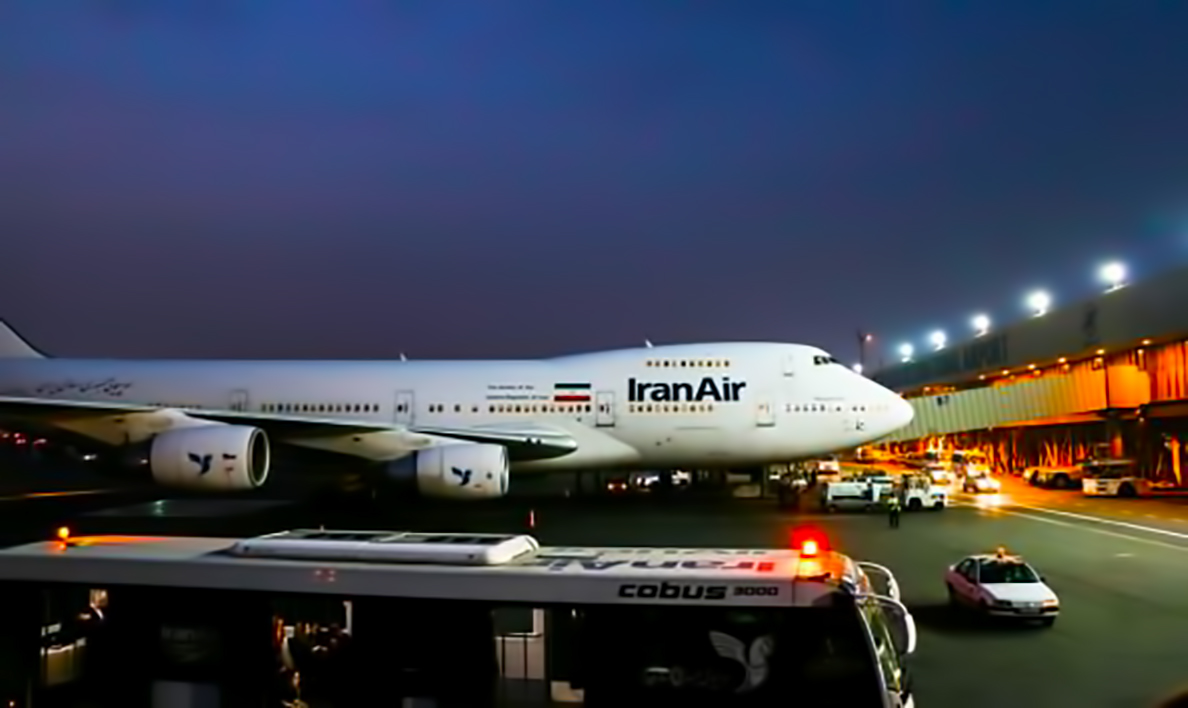
Official website of the Ministry of Roads and Urban Planning quoted the approval of the Head of Iran’s Civil Aviation Authority, Ali Abedah Zadeh, to increase the number of flights between Iran and Tajikistan, according to the existing memorandum of understanding. Zadeh expressed his hope that the two countries can strengthen their relations of transportations in all fields.
Source: ILNA News Agency.
♦ 15% of addicts are infected with AIDS
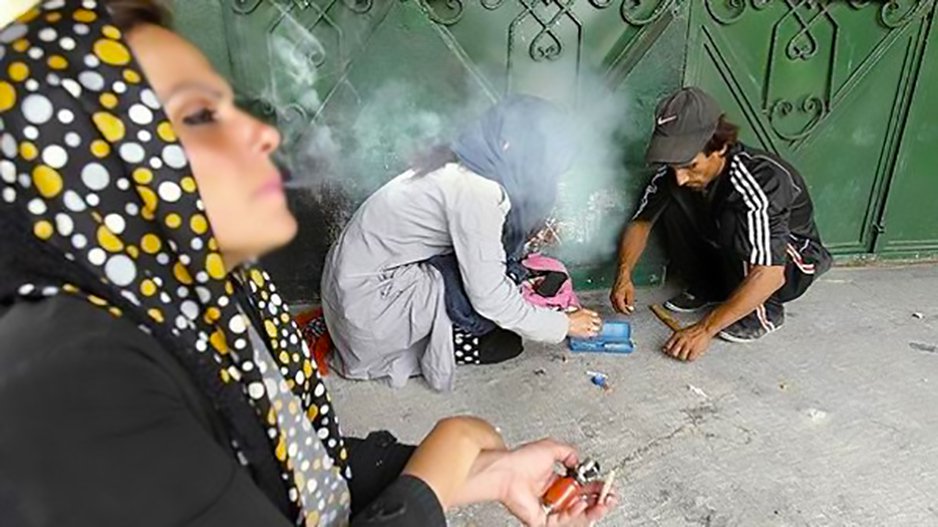
Young Journalists Club published a report about the proportion of AIDS-infected drug injection addicts in Iran. The report stated that the ratio is 15%, which is an indication of worry and concern. Young Journalists Club cited a statement by President of the AIDS Research Center, Mino Mehrez that consumption of drugs by injection is one of the most means to spread AIDS, and people living with AIDS by injection amounted to more than 70% of infected cases by the year 2014.
Source: Young Journalists Club.
♦ Iran hasn’t reached an industrial development stage yet
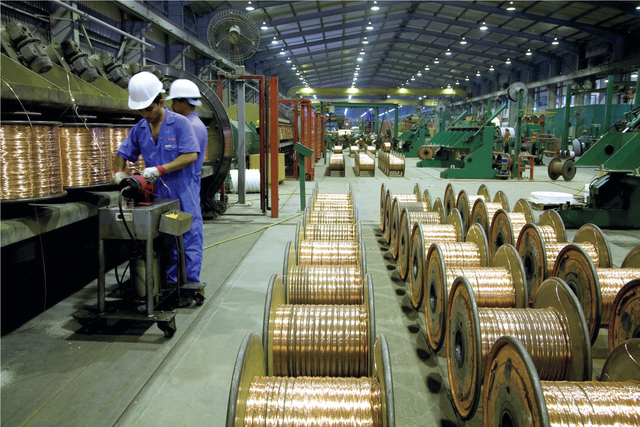
Member of the faculty of the University of (Alalamah Al-Tabatabai), Mehdi Taqavi, stated that industrial development in Iran needs studies, planning, and improvement programs, which haven’t been implemented properly. He pointed out that many people think that Iran is an industrial nation, while it still hasn’t reached industrial development. There are some industries, but Iran is not considered an industrial nation.
Source: Tejarat Newspaper.
♦ Ismail Kothari: Hossein Faridoun is in connection with the banking networks of corruption

Former PM, Ismail Kothari, in relation to investigations about the banking network of corruption declared that the Revolutionary Guards arrested former CEO of Mellat Bank. He added that people are appointed in crucial positions such as Heads of Banks who will be responsible for big amounts of money, without any specific standards and characteristics, and with the support and blessing of security services. He pointed out that any individual is being appointed as Executive Director of a Bank or any other position, will remain a disciple to the person who has had a hand in his appointment. He added that Special Assistant and brother of the President, Hussein Faridoun has links with the banking networks of corruption.
Source: Sharq Newspaper.
♦ Iran calls Russia to speed up issuing visas for its businessmen
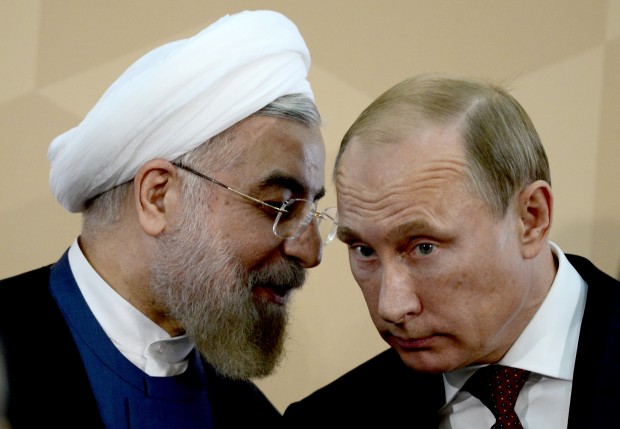
Deputy Minister of Industry, Mining and Trade, Head of Iran’s Trade Development Corporation, Walullah Afkhami Radd said yesterday in a joint meeting between Iran and Russia in the Grand Hotel of Astrakhan, that since the implementation of the Joint Action Plan and the beginning of abolition of sanctions, many obstacles and restrictions have been removed from the Iranian way in foreign trade growth and sanctions relief, where trade deals and commercial transactions have increased.
Head of Iran’s Trade Development Corporation also pointed out to some problems that exist in the way of trade between Iran and Russia, stating that despite the delay in issuing visas for Iranian businessmen, Iranian consulate in Astrakhan is providing facilities for visa issuance.
Source: Etelaat.
♦ Khamenei’s representative at the Revolutionary Guards: Some are likely to rely on the West, rather than relying on capabilities of the country
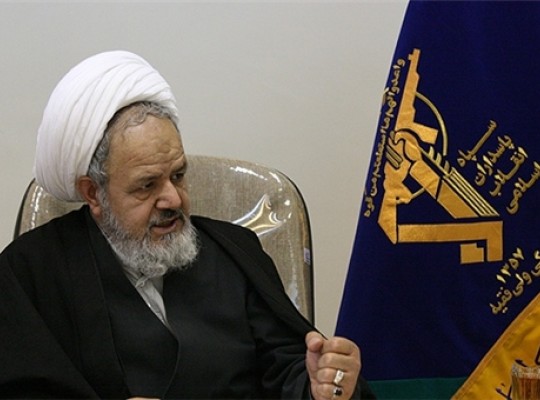
The representative of the Commander of Revolutionary Guards, Ali Saeedi, accused a number of officials in the Iranian regime of relying on the West and taking advantage of their potentials rather than the internal potentials and interests of the country and working on their development. Saeedi also accused supporters of this trend, asking them to stay away from the revolution and its goals. He stressed that Supreme Leader; Ali Khamenei is the decision maker and no one can override his decisions.
Source: Tasnim Agency.
♦ Parliamentary discussion on the information leak of the Iranian nuclear program by the IAEA parliament
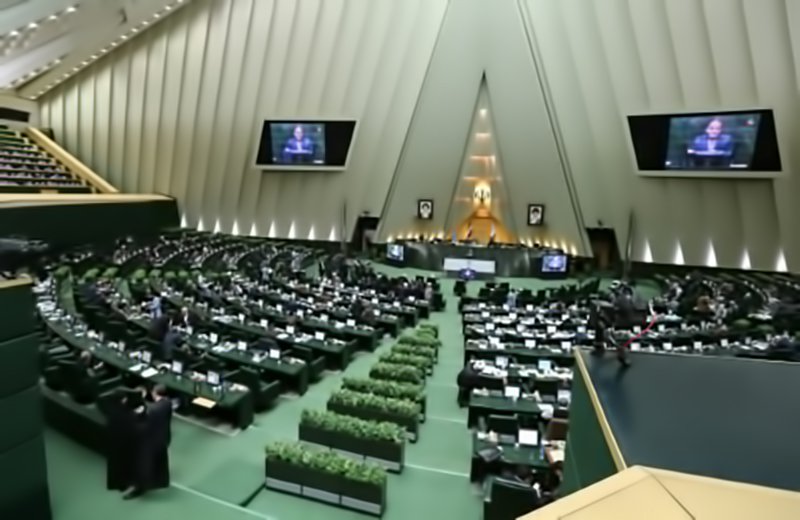
Chairperson of the nuclear program committee of national security and foreign policy commission in the Iranian parliament, Zolnour declared that the National Security Committee will discuss the subject of leaking and disclosure of confidential information related to the Iranian long-term nuclear program. Zolnour demanded the National Security Committee to take a strong stand against these leaks and reconsider the way at which Iran is dealing with this file.
Source: Vatan Emrouz.
♦ Starting the first maritime line between Iran and Oman in August
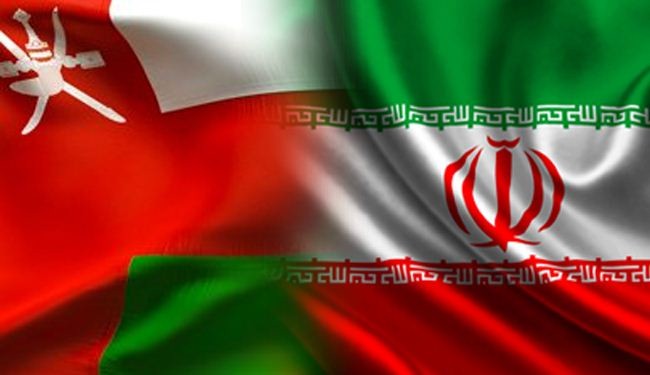
Director General of Cultural Heritage Organization, Handicrafts, and Tourism in Hormozgan province in south Iran, Mohsen Ziaai, declared the beginning of the first maritime line between Iran and Oman on August 7th.
Ziaai said that based on previous negotiations conducted with the Omani authorities about the development of sails and increase of transportation of tourists between the two countries, the first maritime line between Iran and Oman will start on August 7th.
He added that an Omani ship that carries Omani tourists will cross from the port of Khasb to Bandar Abbas port on August 7th.
He added that the ship has the capacity to carry 250 passengers but the number of tourists hasn’t been determined yet, stating that in order to provide necessary preliminaries for Omani tourists to enter the port of Bandar Abbas by ship, a representative of Hormozgan province has been sent to sort it out with the Omani Naval Company.
Source: ISNA Agency.
